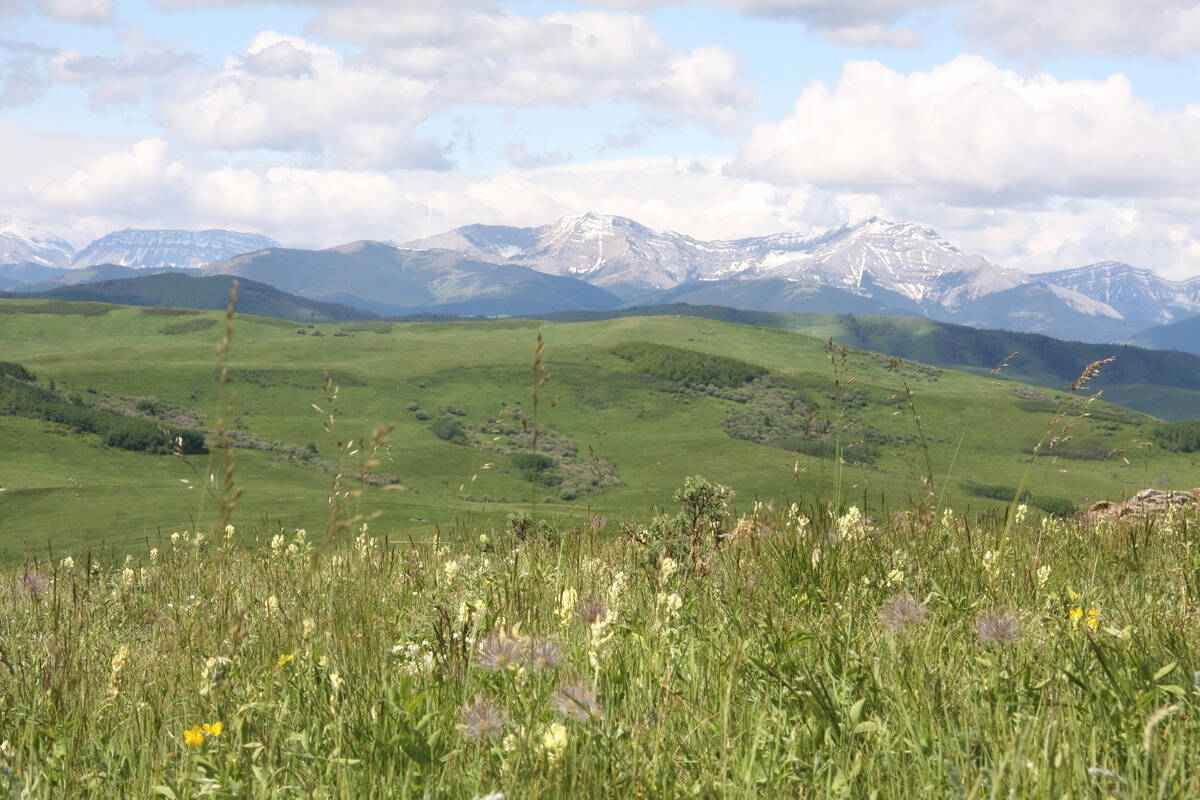A ruling in a dairy trade dispute that was hailed as a victory by
Canada last year might eventually spell trouble for the Canadian Wheat
Board, says an expert in international trade law.
Mel Annand says the United States might try to use that ruling if it
takes the wheat board to the World Trade Organization.
“Some of the language in that last WTO dairy decision may embolden the
U.S. into taking a run at the CWB and alleging subsidies before the
Read Also

Selenium not deal breaker in coal mining: expert
Environmental scientist weighs in on coal mining debates in Western Canada, explaining selenium and the technologies and practices to lower its concentrations in nearby waterways to coal mining operations
world trade court,” he said in a interview last week.
In a Feb. 15 report on a trade complaint against the board, U.S. trade
representative Robert Zoellick said his office will examine the
possibility of taking a dispute settlement case against the wheat board
to the world trade body.
Wheat board officials say they’re not overly concerned about the threat
of a WTO case, saying the board follows the rules laid out in the world
trade agreement.
“You can never tell for sure in these things what the outcome is going
to be, but our understanding is that under the provisions as they exist
we would be successful,” said Alexandra Lamont, a trade policy analyst
at the board.
Annand, a lawyer and lecturer at the University of Saskatchewan, said
he’s always believed that to be the case as well, but the December 2001
dairy ruling may have changed the playing field.
A key issue in figuring out whether an export commodity is being sold
at a subsidized price is determining a “benchmark” price against which
to measure the selling price.
In other words, if a competitor alleges the wheat board is selling
wheat too cheaply, the next question is, “too cheaply compared with
what?”
In the dairy case, a WTO panel said the benchmark should be the average
cost of production of the commodity in the selling country.
So if a country sells the commodity for less than that cost of
production, then it’s considered to be subsidizing.
Annand said the Americans may try to use that against the wheat board.
“The Americans may think they can prove the price of Canadian wheat
going to the U.S. (or other markets) is below the average Canadian cost
of production,” he said.
But he added that then raises the thorny question of how to determine
an average cost of production. What kinds of expenses would be
included? Would the calculation be done for all of Canada? For the
prairie region? For a particular soil type? For a specific method of
production? For farms of a certain size or income level?
Lamont said the board is confident it would be difficult for the U.S.
to make a case against the board under the WTO dispute resolution
system. And she suggested the Americans might be reluctant to do so in
case they lost.
“They don’t want to go to the WTO and have the wheat board further
legitimized, and that’s a definite risk.”
The section of the world trade agreement dealing with state trading
enterprises states that they must operate in accordance with
“commercial considerations” in areas such as price, quality,
availability and transportation, a condition that Lamont said the wheat
board would have no trouble proving.
Annand agreed, saying he thinks the biggest potential threat to the
board continues to come from U.S. domestic trade actions, such as the
countervailing duties that have been levied against softwood lumber.
“It’s a typical U.S. reaction where they’d like the world to think they
will use and abide by world trade court decisions, but when push comes
to shove they still have the most drastic trade remedies of many
countries.”
Bill Kerr, an agricultural economist at the University of Saskatchewan,
said the fact the Americans have never been able to find evidence of
board wrongdoing on which to base trade action, despite nine
investigations over the past dozen years, indicates there’s none to be
found.
“They have a lot of intellectual power down there,” he said.
“If they could have found something by now, they would have.”














